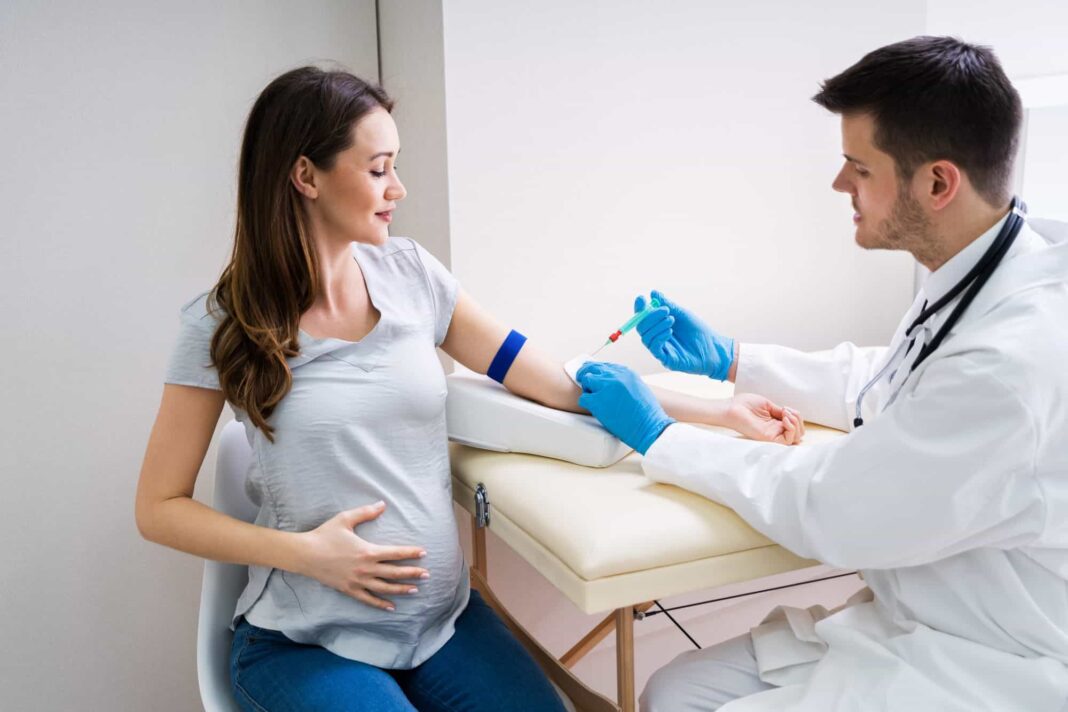If you are pregnant, you are at higher risk for iron-deficiency anemia. This is a condition in which you do not have enough healthy red blood cells to carry adequate amounts of oxygen to your body’s tissues.
The body uses iron to make hemoglobin, a protein in red blood cells that carries oxygen to the tissues. During pregnancy, it is necessary to double the amount of iron indicated for women as your body needs double the amount of iron to make more blood and supply more oxygen to the baby. If you do not have enough iron stores or do not consume enough iron during pregnancy, you can suffer from iron deficiency anemia.
Severe anemia during pregnancy increases the risk of premature birth, low birth weight, and postpartum depression; some studies also show an increased risk of death of the baby immediately before or after birth.
You are at higher risk of anemia during pregnancy if you:
- You have two pregnancies in a row (intergenic period <2 years).
- You are pregnant with more than one baby (twins or more).
- You vomit frequently because of morning sickness (hyperemesis gravidarum).
- You are not getting enough iron.
- You have a heavy menstrual flow before pregnancy.
- You have a history of anemia before pregnancy.
Signs and symptoms of anemia include:
- Fatigue
- Light spotting
- Pale or yellowish skin
- Irregular heartbeat
- Difficulty breathing.
- Dizziness or lightheadedness
- Chest pain.
- Cold hands and feet.
- Headache.
Note, however, that anemia symptoms are often similar to general pregnancy symptoms, regardless of whether or not you have symptoms, you will have blood tests for anemia during pregnancy. If you are concerned about your level of fatigue or any other symptoms, talk to your General Practitioner.
“PRENATAL VITAMINS, IN GENERAL, CONTAIN IRON, TAKING AN IRON-CONTAINING PRENATAL VITAMIN MAY HELP PREVENT AND TREAT IRON-DEFICIENCY ANEMIA DURING PREGNANCY”
A good diet can also prevent iron deficiency anemia during pregnancy. Some foods rich in iron are lean red meat, poultry, and fish. Other options include iron-fortified breakfast cereals, prune juice, beans, and liver or spinach.
The iron that comes from animal products, such as meat, is more easily absorbed, but to improve the absorption of iron from plant sources and supplements, combine it with a food or drink that is high in vitamin C such as orange juice, tomato juice, or strawberries.
If you are taking a prenatal vitamin that contains iron and you are anemic, your doctor will recommend various tests to determine other possible causes of anemia, although most of the time the cause is a lack of iron, in which case, they may recommend an additional iron supplement that helps as a treatment for anemia.




